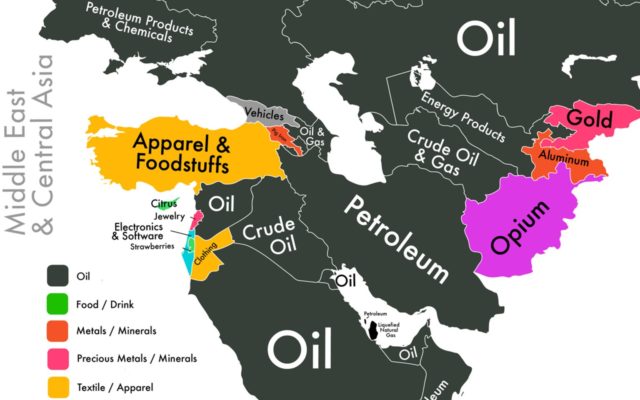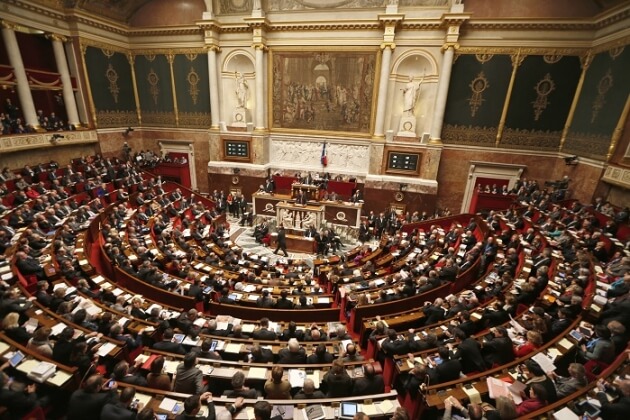By Matthieu Crozet and Julian Hinz
Highlights:
We assess the cost, in terms of export losses, of the diplomatic conflict between the Russian Federation and Western countries over 2014.
The first empirical analysis exploits monthly country-level trade data. We find strong impact of the conflict on Western exports to Russia. From December ’13 to June ’15, the total export loss is 60:2 billion USD. The major part of this loss (82.2%) is accounted for by the products that are not targeted by the Russian counter-sanctions. The EU countries bear 76.7% of all trade loss.
We also exploit French firm-level export data to study how firms reacted to the sanctions. Econometric results show that the military conflict in Ukraine and the sanctions reduced severely both firm export participation and the value exported.
Further analyses suggest that the disruption of the provision of trade finance services have played an important role in the decline in exports.
Abstract:
Economic sanctions are a frequent instrument of foreign policy. In a diplomatic conflict, they aim to elicit a change in the policies of foreign governments by damaging their economy. However, sanctions are not costless for the sending economy, where domestic firms involved in business with the target countries might incur collateral damages. This paper evaluates these costs in terms of export losses of the diplomatic crisis that started in 2014 between the Russian Federation and 37 countries, (including the United States, the EU, and Japan) over the Ukrainian conflict. We first gauge the global impact of the sanctions’ regime using a structural gravity framework and quantify the trade losses in a general equilibrium counterfactual analysis. We estimate this loss at US\$60.2 billion from 2014 until mid-2015. Interestingly, we find that the bulk of the impact stems from products that are not directly targeted by Russian retaliations (taking the form of an embargo on imports of agricultural products). This result suggests that most of the losses are not attributable to the Russian retaliation but to Western sanctions. We then investigate the underlying mechanism at the firm level using French customs data. Results indicate that neither consumer boycotts nor perceived country risk can account for the decline in exports of products that are not targeted by the Russian embargo. Instead, the disruption of the provision of trade finance services is found to have played an important role.
Also you may read:
Economic impact on the EU of sanctions over Ukraine conflict











